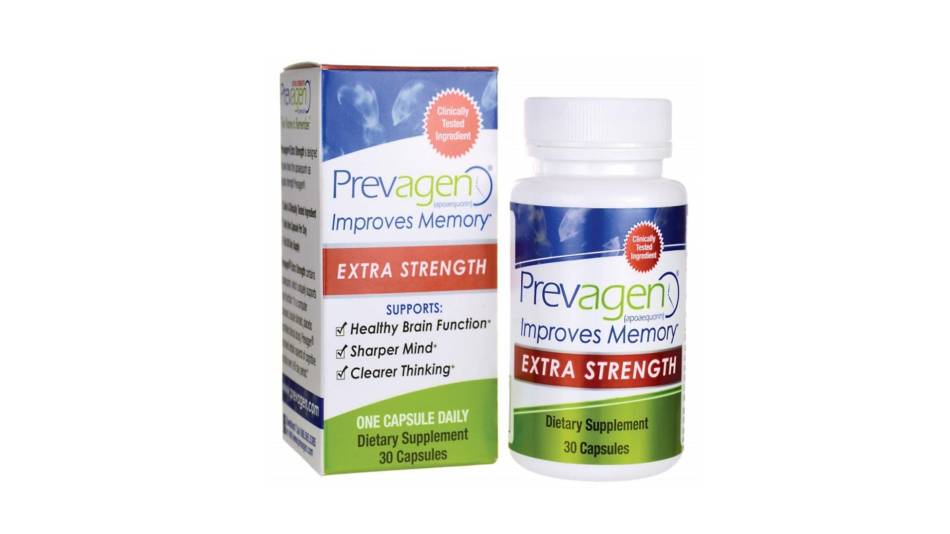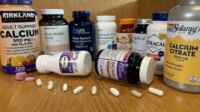
Answer:
According to the Prevagen website, "Prevagen is an over-the-counter supplement for healthy brain function and memory improvement." A disclaimer indicates that these statements are "Based on a clinical study of subgroups of individuals who were cognitively normal or mildly impaired." Its package also claims that Prevagen supports "healthy brain function, sharper mind, and clearer thinking."
However, as discussed below, concerns have been raised about the quality of the evidence used to support these claims, as well as previous claims Prevagen might treat Alzheimer's disease or other conditions, including a recent lawsuit.
Sign in as a member to learn more about the clinical evidence for and against Prevagen, safety and side effects, details about warnings and legal action taken against the makers of Prevagen, and details about legal action taken by Amazon and the makers of Prevagen and against sellers of counterfeit Prevagen.
Join today to unlock all member benefits including full access to all CL Answers and over 1,400 reviews.
Join NowAlready a member? Sign In Here.
Join now at www.consumerlab.com/join/







Submit your comment
This feature is restricted to active members.
Join now to add comments and get all member benefits, including over 1,400 reviews.
Join NowAlready a member? Sign in here.